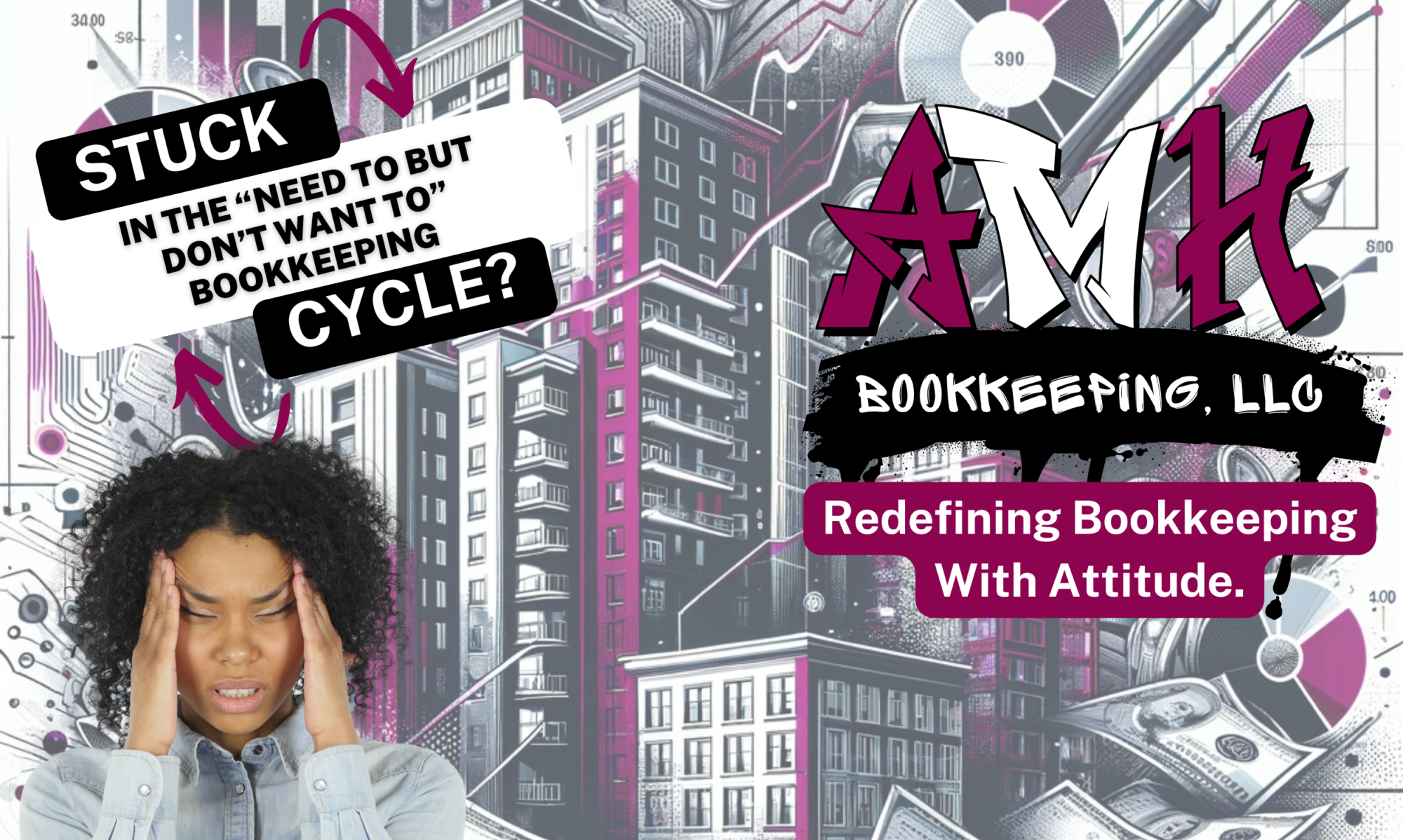
Debt Management: Making Your Real Estate Investments Shine
Introduction
Debt, when used appropriately, can be an incredible growth accelerator in the realm of real estate. It can propel asset acquisition and expansion, transforming your real estate ventures into profitable enterprises. Managing this debt effectively is crucial to maintain optimal financial health. Let's delve into some of the strategies you can utilize: diversifying your debt portfolio, monitoring your debt-to-equity ratios, seeking refinancing options when needed, and routinely reviewing your loan interest rates and terms.
Diversifying Your Debt Portfolio
Just as diversification is a sound strategy for your investment portfolio, the same applies to your debt portfolio. Diversifying your sources of debt allows you to tap into different interest rates, payment terms, and loan conditions, reducing the risk of over-reliance on a single lender or type of loan.
For example, as a real estate investor, you might opt for a mix of traditional bank loans, private lender loans, and real estate crowdfunding platforms. This mix reduces the risk of being caught in a financial crunch if a particular lender changes its terms or if a specific debt instrument becomes unsustainable.
Keeping a Sharp Eye on Your Debt-to-Equity Ratios
Monitoring your debt-to-equity ratio, a financial ratio indicating the relative proportion of shareholders' equity and debt used to finance your assets, is key in maintaining the financial health of your real estate business.
A high debt-to-equity ratio could indicate that your business relies heavily on borrowed money, which could potentially alarm lenders and investors. On the other hand, a low ratio might suggest that you're not leveraging debt effectively to grow your business.
For instance, if your real estate business has a debt-to-equity ratio of 2:1, it means you're funding your assets twice as much with debt as with your own equity. If market conditions deteriorate, servicing this debt could become challenging, potentially leading to financial distress.
Seeking Refinancing Options When Needed
Refinancing your real estate loans can be an effective debt management strategy. It can help reduce your interest costs, change your loan term length, switch from variable-rate to fixed-rate (or vice-versa), or access equity from your properties.
Consider, for instance, you have an investment property loan with a high-interest rate. Given the current low-interest-rate environment, it might make financial sense to refinance this loan to a lower interest rate, reducing your monthly payments and freeing up cash for other investments or expenses.
Regularly Reviewing Your Loan Interest Rates and Terms
Interest rates and loan terms can significantly impact your loan repayments and overall financial position. Regularly reviewing these can ensure you're not overpaying and that your loans remain aligned with your investment goals.
Let's say you have a loan with an adjustable-rate that started with a low introductory rate, which has now increased significantly. If you were to review your loans regularly, you'd catch this increase and could consider refinancing to a fixed-rate loan or negotiating better terms with your lender.
In conclusion, effective debt management is paramount for a thriving real estate business. Diversifying your debt portfolio, vigilantly monitoring your debt-to-equity ratios, leveraging refinancing options when necessary, and frequently reviewing your loan interest rates and terms can turn debt from a challenge into a powerful ally. In the dynamic world of real estate investing, it's not just about the properties you acquire but also about how you finance and manage these assets over time.



